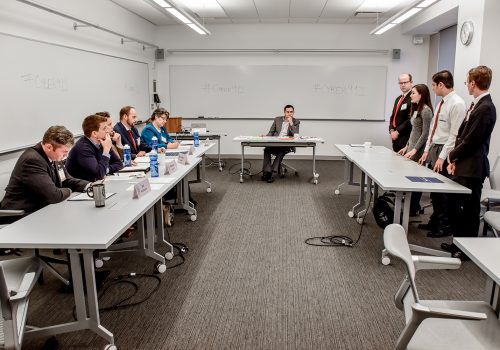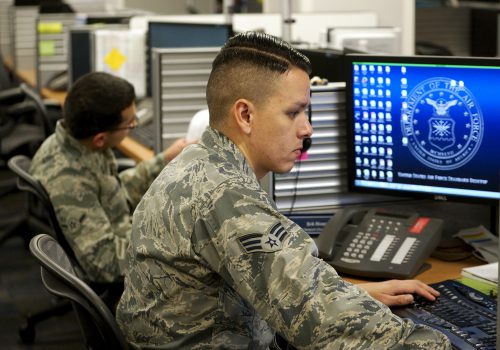New Atlanticist
Jan 27, 2020
Warring for the soul of the internet: Ten years on
By
Trey Herr, Justin Sherman
The new reality is one where democracies must play a more assertive role to protect an open, free, fair, and secure internet, utilizing a strategy that recognizes the changes the internet has undergone, the pernicious influence of authoritarian states, and the role companies have in both protecting and fragmenting it. The internet can’t be brought back in time but there is hope, perhaps, that its original core values can be preserved in a new form through determined effort by its users, some companies, and the democratic states where the open web was born.










